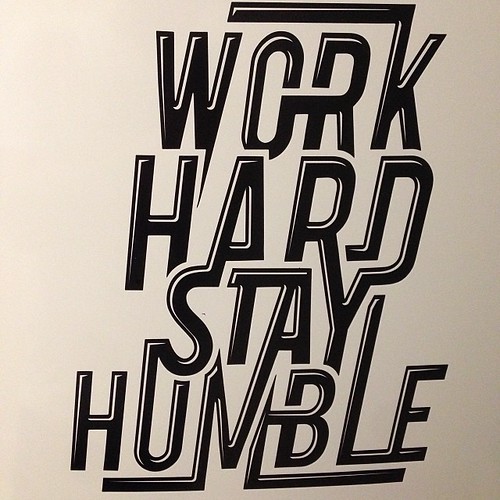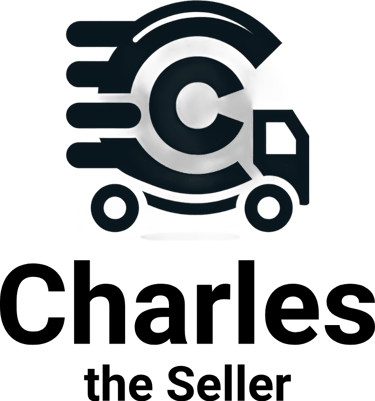From High School Hustler to Amazon Pro
After realizing the potential of online selling, I discovered Amazon. In high school, my library allowed us 10 prints a day, and coincidentally, our school had daily UPS pickups. I started small, reselling discounted items, and quickly saw the opportunity to scale. By the time I was in college, I was faced with a decision—pursue my dream of law school or dive full-time into the eCommerce world. The choice was clear. With the support of my brothers, we built a business from the ground up, turning a small stockroom into the foundation of multiple seven-figure ventures.


Lessons Learned: Humility and Growth
Despite the growth and success, I learned the hard way to remain humble. I try to always act as if I know nothing, a mentality that has keeps me attentive to market trends and open to learning. I’ve never stopped refining my processes, understanding market trends, and innovating. My experience showed me that success in eCommerce requires a balance between playing by the rules and knowing when to push the boundaries.
Looking Ahead: Innovating and Adapting
The landscape of eCommerce is constantly evolving. Whether it's preparing for the busy Q4 season, managing cash flow, or dealing with new rules from Amazon, staying ahead of the curve is essential.
I’ve built my business on the principles of constant learning, adaptation, and collaboration. By leveraging technology, understanding customer needs, and staying connected with other sellers, I continue to push the boundaries and innovate.
My journey is far from over. I’m here to share my insights, connect with fellow sellers, and represent the voice of those who, like me, are navigating this ever-changing landscape.
My Selling Journey
I started selling in 2010. At 14 years old, I discovered the grind of buying Coca-Cola on sale and selling it for full price in school. That experience taught me the basics of margins, sales, and the hustle needed to make it in business. Little did I know, this was just the beginning.
Scaling Up: From Retail Arbitrage to Private Label
Retail arbitrage was my first serious eCommerce strategy. Over the years, I mastered the art of buying low and selling high, working with tight margins and tough competition. But in 2020, I pivoted toward private label selling, creating unique products with my brand, designed to stand out in the competitive Amazon marketplace.
Building a private label business added a new layer of complexity. It required more than just good margins—it needed creativity, branding, and a deep understanding of customer behavior. While I still enjoy the thrill of retail arbitrage, private label has given me control over my products, allowing me to create something that’s uniquely mine.





